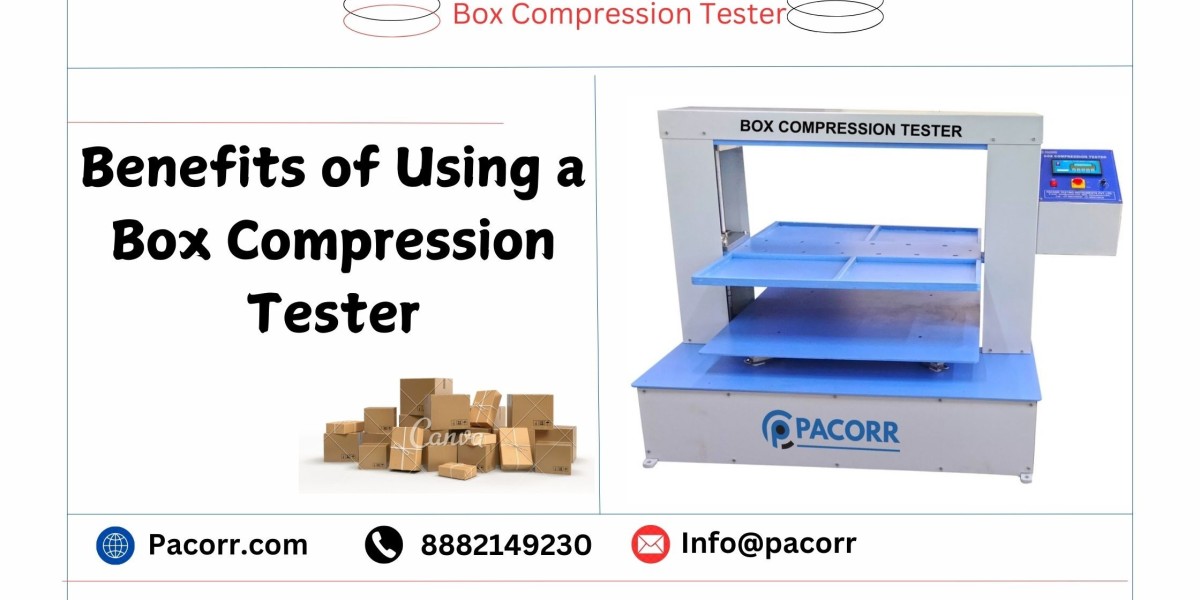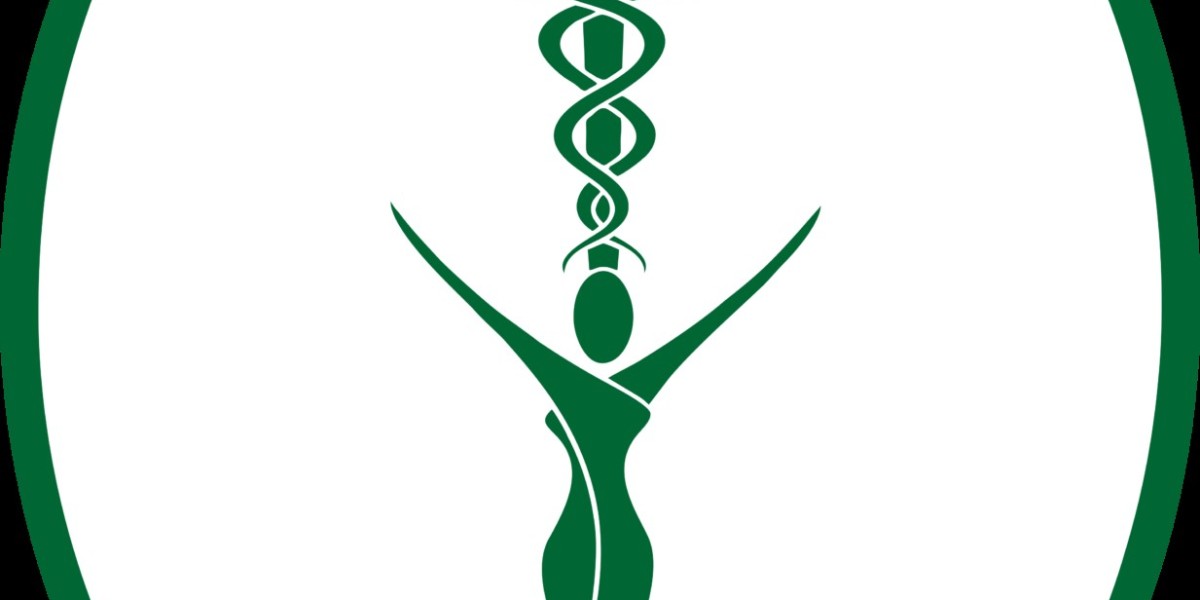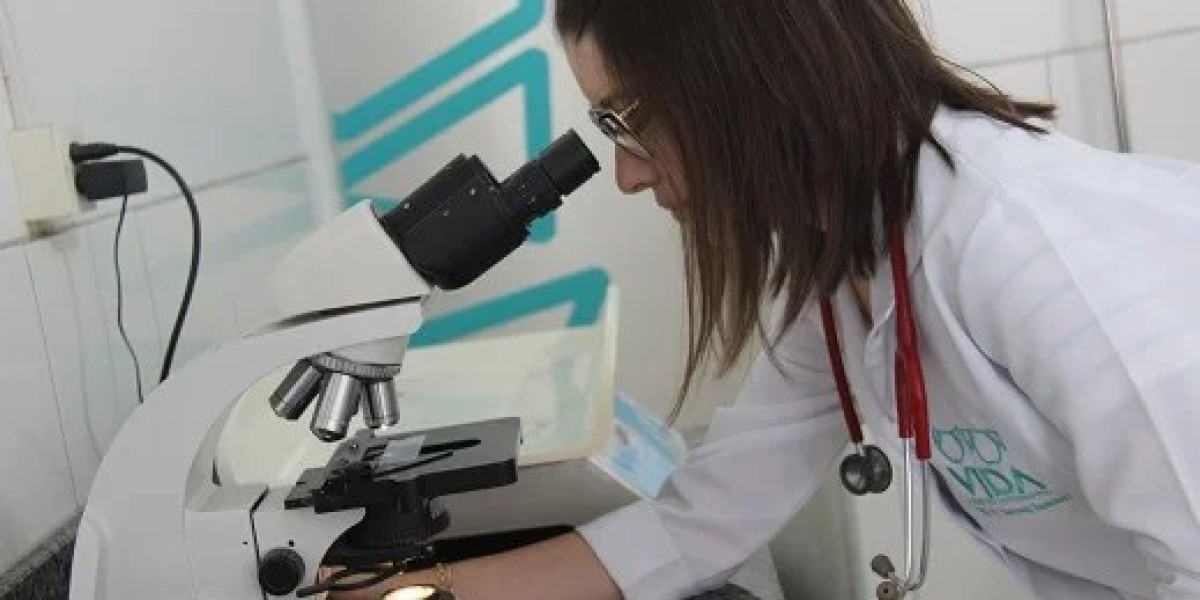NEMT Transportation (NEMT) plays a crucial role in ensuring that individuals with mobility challenges, chronic illnesses, or limited access to personal transportation can attend medical appointments and receive necessary care. Unlike emergency medical transport, which handles life-threatening situations, NEMT focuses on pre-scheduled, routine trips for non-urgent medical needs. This article explores the purpose, benefits, challenges, and advancements in NEMT services.
What is NEMT?
NEMT refers to transportation services specifically designed to help patients travel to and from medical appointments that are not emergencies. These services cater to individuals who may face barriers to accessing healthcare, such as:
- Elderly individuals with limited mobility.
- Patients with disabilities requiring specialized vehicles.
- People in rural areas without access to public transportation.
- Low-income individuals who cannot afford private transportation.
Common Uses of NEMT
Routine Medical Appointments
NEMT provides transport for primary care visits, specialist consultations, and regular check-ups.Ongoing Treatments
Patients undergoing dialysis, chemotherapy, or physical therapy often rely on NEMT for frequent travel to treatment centers.Post-Surgical Follow-Ups
NEMT ensures that patients recovering from surgeries can attend follow-up appointments safely.Pharmacy Trips
Some NEMT services assist patients in picking up prescriptions from pharmacies.
Types of NEMT Vehicles
Wheelchair-Accessible Vans
Equipped with ramps or lifts, these vehicles ensure that wheelchair users can travel comfortably and safely.Stretcher Vehicles
Designed for patients who must remain in a lying position during transport.Sedans and Minivans
Used for ambulatory patients who do not require special equipment but still need assistance.Specialized Medical Vans
These vehicles may include medical monitoring equipment for patients with specific health needs.
Benefits of NEMT
Increased Healthcare Access
NEMT eliminates transportation barriers, ensuring that patients can attend necessary appointments without difficulty.Improved Health Outcomes
By providing reliable transportation, NEMT helps patients maintain regular medical care, reducing hospitalizations and managing chronic conditions effectively.Reduced Healthcare Costs
Timely medical appointments prevent complications and costly emergency room visits.Enhanced Independence
NEMT allows individuals with disabilities or mobility challenges to access healthcare services without relying on family or friends.
Challenges in NEMT
Logistical Issues
Coordinating multiple trips, scheduling vehicles, and managing driver availability can lead to delays or missed appointments.Cost Barriers
While Medicaid often covers NEMT for eligible individuals, others may find the service too expensive without insurance or financial assistance.Limited Service in Rural Areas
NEMT providers may be scarce in remote or underserved regions, leaving patients with few options.Quality and Safety Concerns
Ensuring that drivers and vehicles meet safety and service standards is vital to protecting patients.
Solutions to Enhance NEMT
Technology Integration
GPS tracking, ride-scheduling apps, and real-time updates improve efficiency and reliability.Expanded Coverage
Policymakers and insurance companies can work to increase coverage for NEMT services, especially for low-income individuals.Partnerships with Ride-Sharing Companies
Collaborations with services like Uber Health and Lyft Assist provide additional NEMT options, particularly in urban areas.Enhanced Training for Drivers
Drivers should receive specialized training in assisting patients with disabilities, operating wheelchair lifts, and handling medical emergencies.
Conclusion
Non-Emergency Medical Transportation is an indispensable service that ensures everyone, regardless of their physical or financial limitations, can access vital healthcare. By addressing logistical and financial challenges and adopting innovative solutions, NEMT services can continue to bridge the gap between patients and providers, improving health outcomes and enhancing quality of life.






